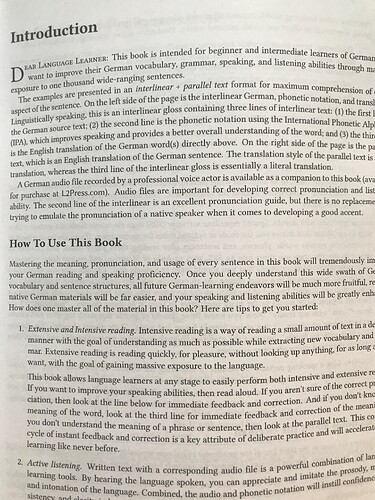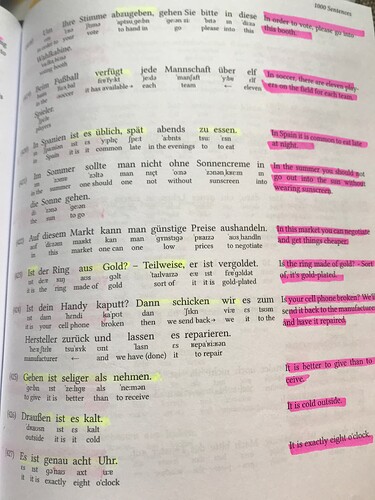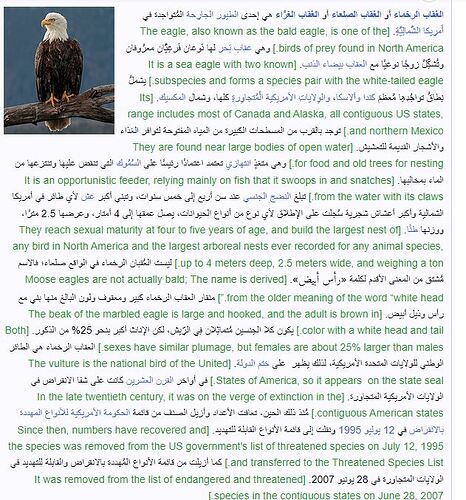Perhaps I’m trying to learn too many words in one day??? I was hoping to learn 30-60 words a day in the span of 2 hours. I want to know a method to use to learn this language from scratch, as someone who only knows English, where I KNOW that I’m learning a certain number of words in a specified timeframe, for example, a course that guarantees you understanding 1500 words in a month.
I thought Russian was horribly difficult to acquire, but Arabic and Persian are on the WORST level!!! Even Chinese is easier to learn as an English speaker, because of the pinyin and simple grammar, and word order. But I suspect that once you hit the intermediate level, Chinese becomes more difficult. I’d love to know what Ioannis Ikonomou has to say about this.
Instead of doing my uni coursework, I’ve been spending all my time learning Persian aka Farsi, for the past 2 months. Through the day and being up all night. Terrible!! I ended up dropping my other degree because of it. But I don’t know jack s**t in the language!!!
I’m thinking of acquiring 1500+ words through Glossika, and then moving on to LingQ. What do you think??
Is there anything else out there, any program or app or course, where you would be given short sentences to memorize, and a specific number of words you will know by the end, and with what topics are covered?? Glossika just says “3600 sentences and 5000 words”, and I suspect that the “5000 words” is a mistake, because it used to say 2700 words (and still 3600 sentences). And I suspect that a lot of the words that I want to know would appear just once and towards the end.
I must say that LingQ is THE lifeline due to the instant dictionary and text-to-speech. If there’s a language out there that’s not on LingQ, I couldn’t learn it.
Should I aim to learn 30 words a day in the span of 2 hours, then once I get 50% comprehension, 60 new words a day from then on, and then when I hit 85%, 100 new words a day??


